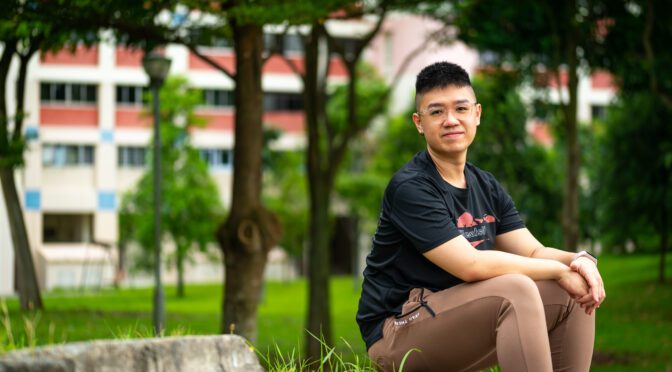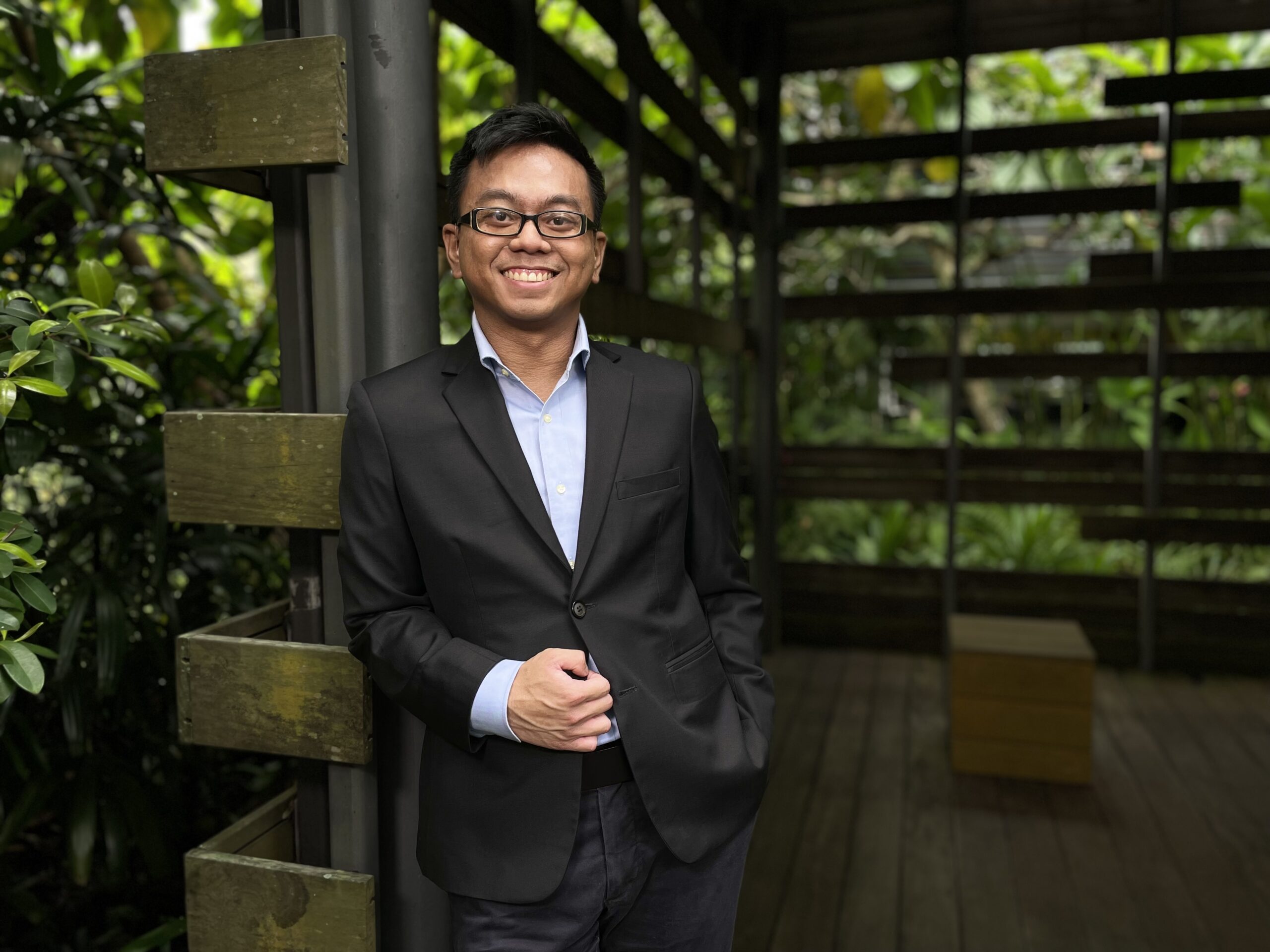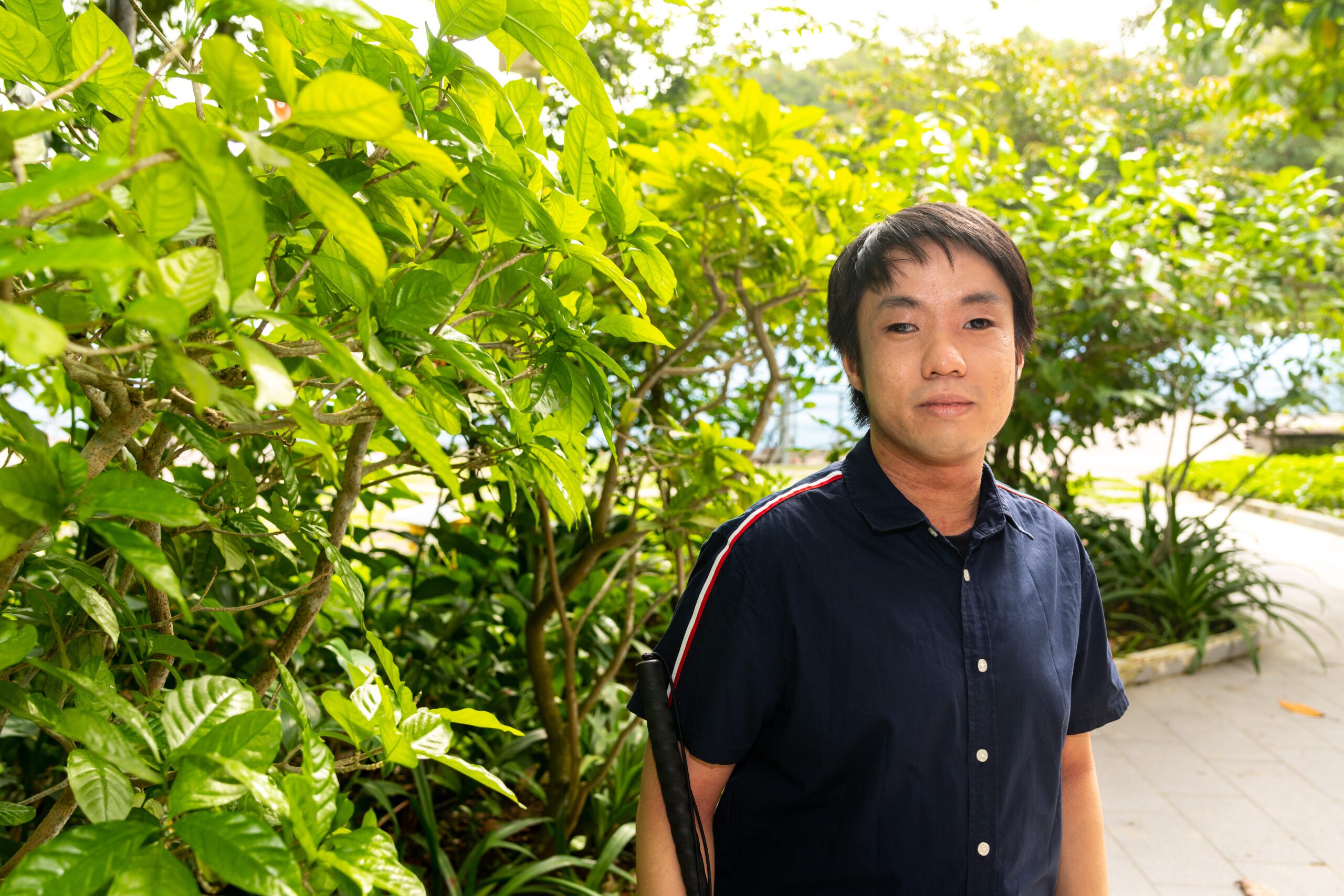Jennifer Heng is in a cold, sterile room. Lying on the surgical bed and staring into nothingness, she waits. The silence, interrupted only by the murmur of the air-conditioning unit, is drowning. There comes a prick of a needle — a manageable pain.
“No one will ever have to know. My life will be back to normal after this. Everything will be all right.”
A pain gathers and crashes like ocean tides. The nurse administers two injections of painkillers. The pain ebbs.
It has been a few hours. The familiar face of the nurse reappears. She informs Jennifer that she is heading out for lunch with her colleagues. Bravely, and naively, Jennifer says she will be fine.
Jennifer is now all alone in the entire clinic. Twenty-two weeks pregnant and alone.
The pain strikes again. So excruciating is the pain this time that she feels as if someone is ripping her body open with a scalpel. Poised on the brink of sheer agony where seeming death is but an inch away, she wrestles and screams for help. But no one comes to her aid. Everyone is at lunch.
A temporary moment of relief comes. Gouts of sweat trickle down her face and body.
“Help me! Help me!” Jennifer begs and screams, gritting her teeth as the final wave of contractions hits with unrelenting vengeance. The doctor refuses to give her more painkillers as she has already maxed out her limit. He proceeds to rupture her amniotic sac.
At the doctor’s behest, Jennifer pushes with all her might. Such crippling pain of gargantuan magnitude women all over the world have experienced, but they have their husbands or boyfriends or life partners on the sidelines cheering them. Jennifer’s support system is absent.
And suddenly, just like that, the pain recedes. Her eight tormenting hours of induced labour are finally over. Jennifer dresses herself and with a withering strength props herself up.
As she leaves the cold, sterile room, and everything behind, she espies a small package wrapped in newspaper.
It is her son.


